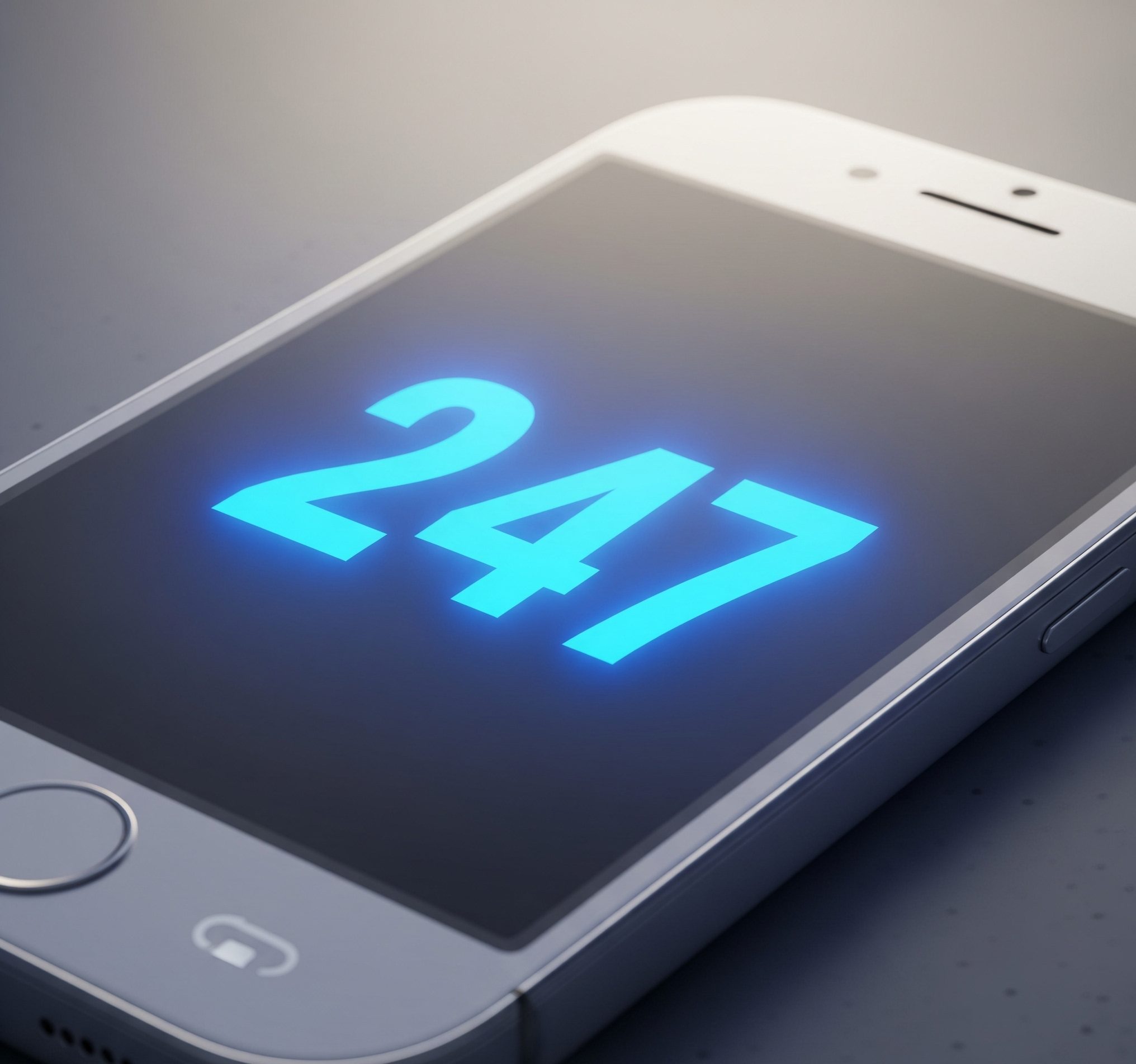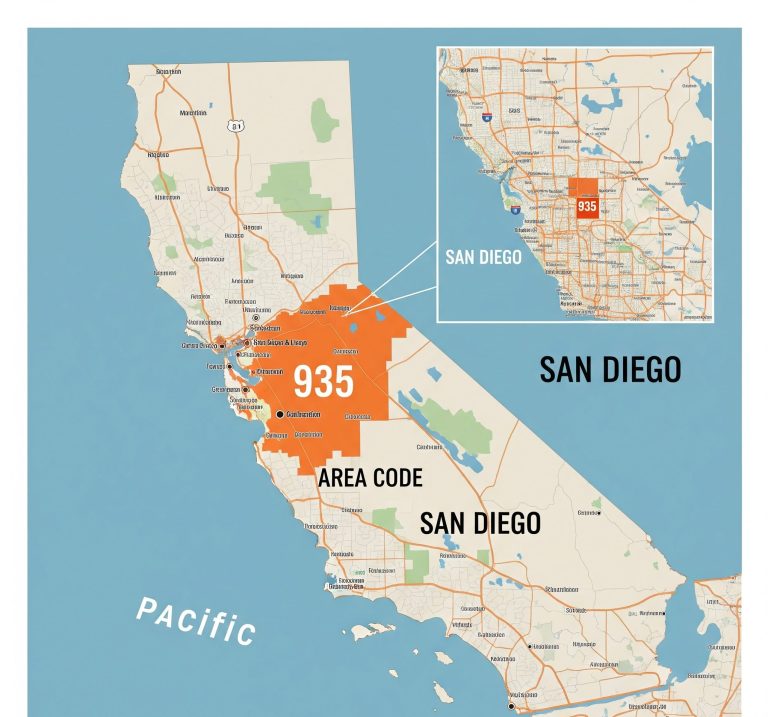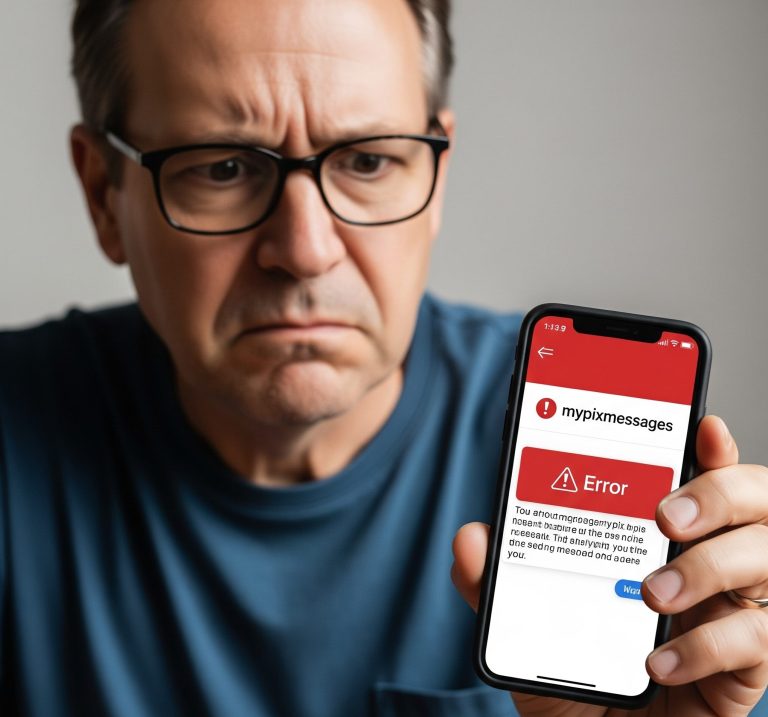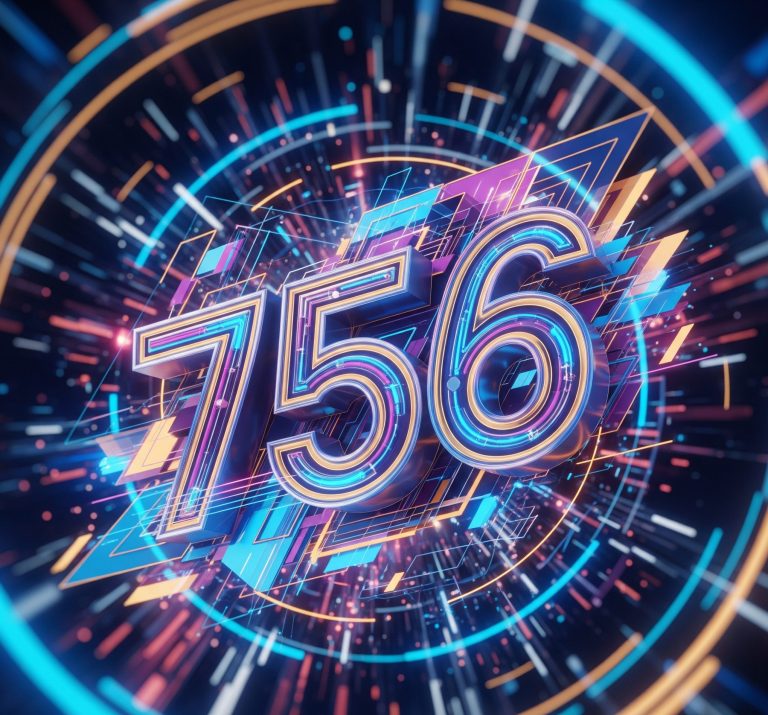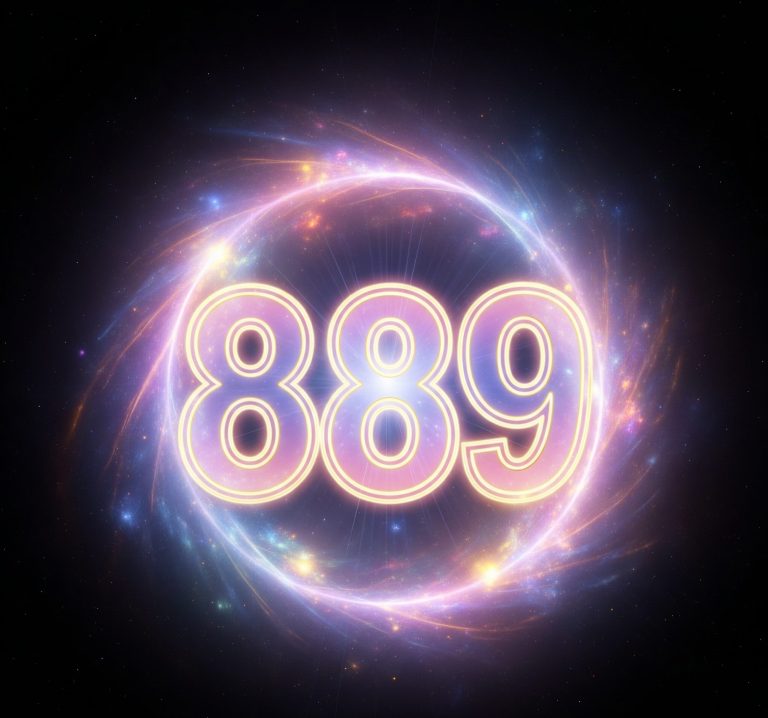The most important question to address upfront is whether the 247 area code is a legitimate, active area code in the North American Numbering Plan (NANP). As of current numbering plan assignments, there is no active 247 area code designated for geographic regions within the United States or its territories, or indeed, anywhere in the NANP (which includes Canada and some Caribbean nations).
This might come as a surprise to some, especially if they’ve encountered phone numbers seemingly originating from a 247 area code. The absence of a registered 247 area code immediately raises red flags and points to a few possibilities, none of which involve a standard geographic designation.
Contents
Understanding Area Code Assignment in the US
To understand why a 247 area code is an anomaly, it’s helpful to briefly review how area codes are assigned in the United States. The North American Numbering Plan Administrator (NANPA) is responsible for managing and assigning area codes. These assignments are carefully planned to ensure enough unique numbers for every telephone line, taking into account population density and growth.
Area codes typically follow a pattern, often with the middle digit being a ‘0’ or ‘1’ for geographic codes. While this rule has become more flexible with the introduction of “overlay” area codes, the 247 area code doesn’t fit into any current or planned assignments.
So, Why Am I Seeing Numbers with a “247” Prefix?
If the 247 area code isn’t real, why might you be encountering numbers that appear to use this prefix? There are several highly probable explanations, and most of them unfortunately lean towards activities that are less than legitimate.
The Scam and Spam Connection
The most common reason for encountering a non-existent area code like 247 area code is its use by scammers and spammers. These bad actors often employ various tactics to obscure their true location and identity, and using unassigned or spoofed area codes is a prime example.
- Spoofing: Caller ID spoofing allows a caller to intentionally falsify the information transmitted to your caller ID display. Scammers often use spoofing to make calls appear to originate from a local number, or in this case, a non-existent one, hoping to bypass call-blocking measures or simply to confuse recipients. A 247 area code call could be a prime example of such spoofing.
- International Scams: Many scam calls originate from outside the United States. By using a seemingly random or non-existent area code, international scammers can make their calls appear domestic, increasing the likelihood that someone will answer. They are not beholden to the NANP’s rules.
- Robocalls and Telemarketing: Illegitimate telemarketers and robocallers, particularly those operating outside ethical and legal boundaries, may also utilize spoofed or non-existent area codes to avoid being traced or blocked.
The “Invalid Number” Scenario
Less frequently, but still possible, is the simple scenario of a misdialed or incorrectly saved number. If someone accidentally types “247” instead of a legitimate area code, or if a number was transcribed incorrectly, it could lead to attempts to dial a non-existent number. However, this is unlikely to be the primary reason for a widespread encounter with calls from a 247 area code.

What to Do if You Receive a Call from a “247 Area Code”
Given that the 247 area code is not a legitimate geographic identifier in the US, receiving a call from such a number should immediately trigger caution. Here’s how to respond:
- Do Not Answer Unknown Numbers
The simplest and most effective defense against scam calls is to avoid answering numbers you don’t recognize. If it’s important, the caller will leave a voicemail.
- Do Not Call Back
Resist the urge to call back numbers that appear to be from a 247 area code. This is a common tactic used by “one-ring” scams, where calling back can connect you to a premium-rate number, resulting in significant charges on your phone bill.
- Block the Number
Most smartphones allow you to easily block unwanted numbers. While scammers often cycle through different numbers, blocking can prevent repeated calls from that specific spoofed number.
- Report Suspected Scams
You can report suspected scam calls to the Federal Communications Commission (FCC) and the Federal Trade Commission (FTC). These agencies work to track and combat illegal robocalls and telemarketing practices. Providing details like the time of the call and any information left on a voicemail can be helpful.
- FCC Complaint Center: www.fcc.gov/complaints
- FTC Report Fraud: reportfraud.ftc.gov
- Be Wary of Information Requests
Never provide personal or financial information over the phone to unsolicited callers, especially those from unfamiliar or suspicious numbers. This includes Social Security numbers, bank account details, credit card numbers, or any other sensitive data.
The Future of Area Codes and Scam Prevention
As technology evolves, so do the methods employed by scammers. The constant vigilance required to protect oneself from phone scams underscores the importance of public awareness. While the NANP continues to manage and assign legitimate area codes to meet growing demand, the use of non-existent prefixes like the phantom 247 area code will likely persist as a tactic for illicit activity.
conclusion
Staying informed about common scam techniques, utilizing the call-blocking features on your phone, and reporting suspicious activity are your best defenses. Remember, if a number or an offer seems too good to be true, or if an area code simply doesn’t make sense, it’s always best to err on the side of caution. The 247 area code is a prime example of a non-existent number used to target unsuspecting individuals, and understanding its true nature is the first step in protecting yourself.

